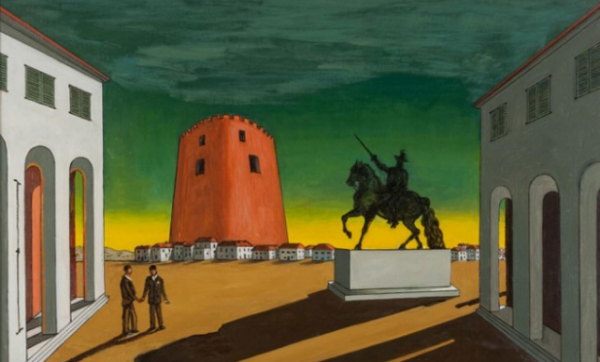Rather than a simple black comedy, Harold and Maude is arguably one of the best satires to come out of the New Hollywood genre. Ashby’s direction, Colin Higgins’s narrative, and Bud Cort and Ruth Gordon’s acting “weave a gentle spell,” as film critic Matt Zoller Seitz put it, by providing the audience with “a romance, a tragedy, a satire, a paean to eccentricity, a philosophical statement, and a ‘trip’ film whose music montages seem to roll in like waves.” It is in that spirit that Harold and Maude deserves to be revisited, not just as a quirky, low-budget Hollywood offshoot, but as a serious work of cinema.
Read moreBest Films of the 2000s (So Far)
Here is a list of my favorite films from 2000 to 2030. As of now, I have seen over 1200 movies from the 2000s, and this list has about 400 of them, with about 100 of them being worthy of “great film” status. I have watched over 3300 films across all genres and countries from the start of cinema to the present. If the film is in bold, that means I think it is one of the best films of the twenty-first century so far and belongs in a “must-see” category. As for everything else, a movie made the list if I believe it meets one of the following criteria: quality writing, acting, and directing that may not be “high art” but at least it is not the typical Hollywood schlock; interesting artistically or thematically, even if it does not come together as best as one could hope; solidly funny, delightfully weird, or at least just does something interesting for a change.
Read moreFour (More) Socialist Movies to Watch During Quarantine
Since millions of workers around the world are currently under quarantine, now is the perfect time for socialists to catch up on the classics of leftwing cinema. Here are four films for the lockdown that focus on themes of antifascism, labor, capitalism, and imperialism.
Read moreHackers and Slackers: Encounters with Science and Technology in Nineties Cinema
For cinema, the 1990s marked the era of special-effects blockbusters versus low-budget indies, many of which grappled with ideas about techno-optimism versus techno-cynicism. Despite being considered a cheesy decade for film, nineties cinema revealed profound social and political anxieties that stemmed from an era of globalization and cultural change precipitated by late capitalism and cutting-edge technology. For all the hopes that these new technologies were supposed to bring, nineties cinema exposed the skepticism and fears that lurked beneath the optimistic surface.
Read moreRevolutionary Reels: Soviet Propaganda Film and the Russian Revolution
From the 1917 Revolution to the death of Stalin in 1953, Soviet film propaganda evolved in both substance and form to reflect the changing political goals of the party. Soviet film propaganda, like the Communist Party that controlled it, went through three major periods during those years: the Revolution through the end of the New Economic Policy, Stalinization and modernization, and the Great Patriotic War years. To achieve their political goals, the Communist Party focused preserving the ideals of the Revolution, justifying Bolshevik leadership, uniting the people, promoting the politics of the cultural revolution, and justifying Stalin’s leadership and methods. Through the vivid power of film, great filmmakers promoted the changing policies of the Communist Party to audiences across Russia and throughout the world.
Read more